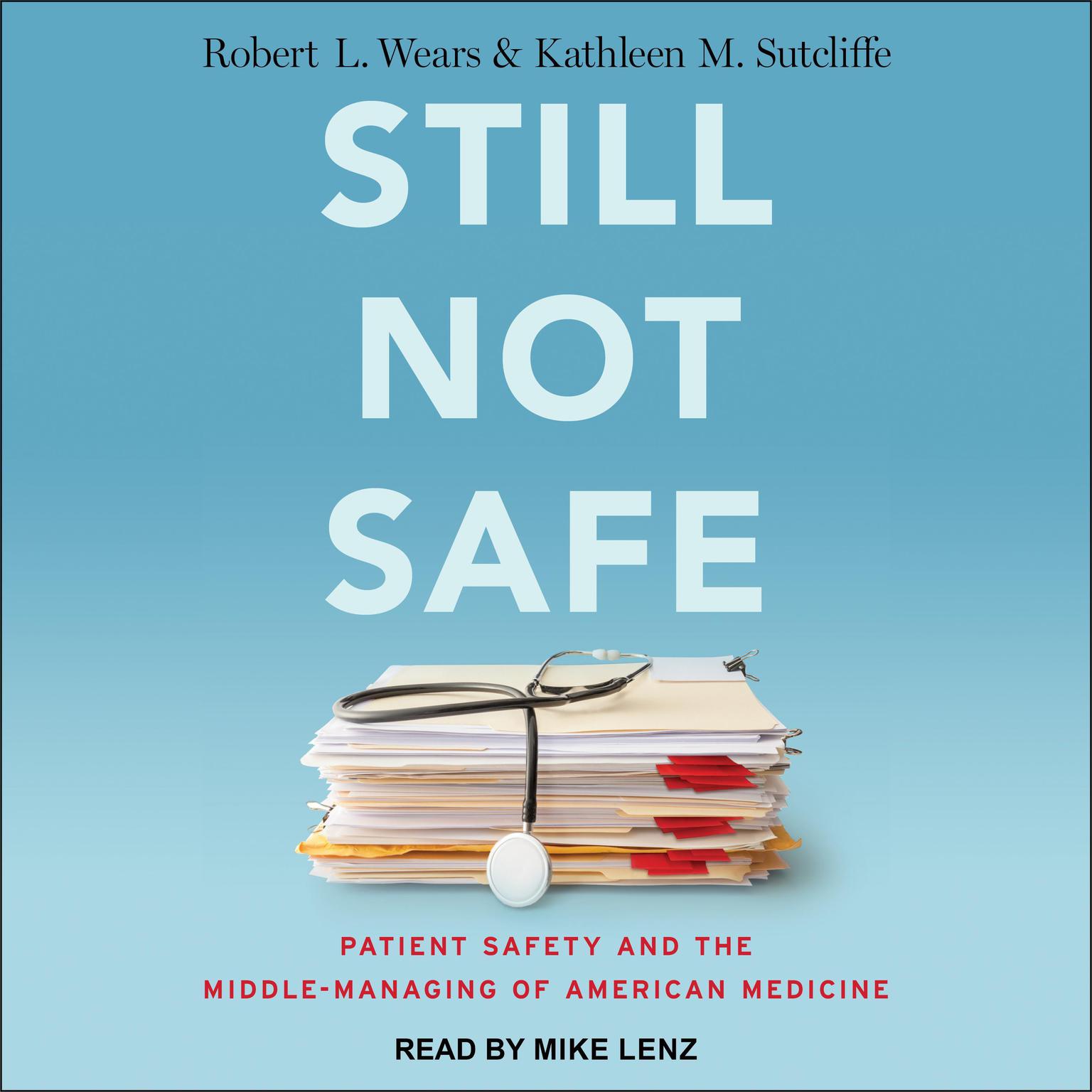 Play Audiobook Sample
Play Audiobook Sample
Still Not Safe: Patient Safety and the Middle-Managing of American Medicine Audiobook
 Play Audiobook Sample
Play Audiobook Sample
Quick Stats About this Audiobook
Total Audiobook Chapters:
Longest Chapter Length:
Shortest Chapter Length:
Average Chapter Length:
Audiobooks by this Author:
Publisher Description
Still Not Safe is the story of the rise of the patient-safety movement—and how an "epidemic" of medical errors was derived from a reality that didn't support such a characterization. Physician Robert Wears and organizational theorist Kathleen Sutcliffe trace the origins of patient safety to the emergence of market trends that challenged the place of doctors in the larger medical ecosystem: the rise in medical litigation and physicians' aversion to risk; institutional changes in the organization and control of healthcare; and a bureaucratic movement to "rationalize" medical practice—to make a hospital run like a factory.
If these social factors challenged the place of practitioners, then the patient-safety movement provided a means for readjustment. In spite of relatively constant rates of medical errors in the preceding decades, the "epidemic" was announced in 1999 with the publication of the Institute of Medicine report To Err Is Human; the reforms that followed came to be dominated by the very professions it set out to reform.
Download and start listening now!
Still Not Safe Listener Reviews
Be the first to write a review about this audiobook!
About Mike Lenz
Daniel Goleman, a former science journalist for the New York Times, is the author of thirteen books and lectures frequently to professional groups and business audiences and on college campuses. He cofounded the Collaborative for Academic, Social, and Emotional Learning at the Yale University Child Studies Center, now at the University of Illinois, at Chicago.


